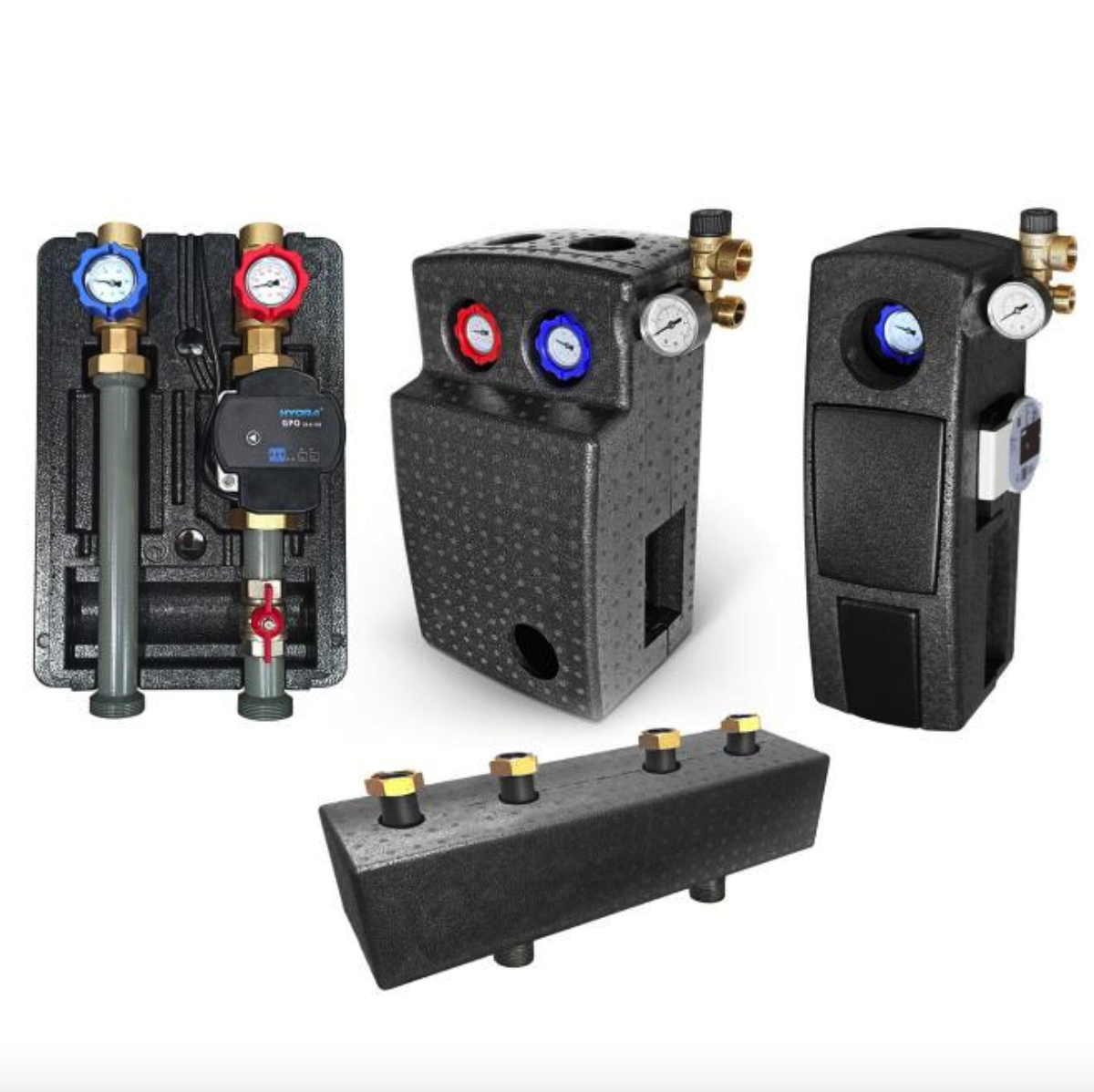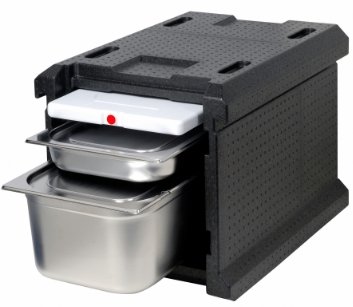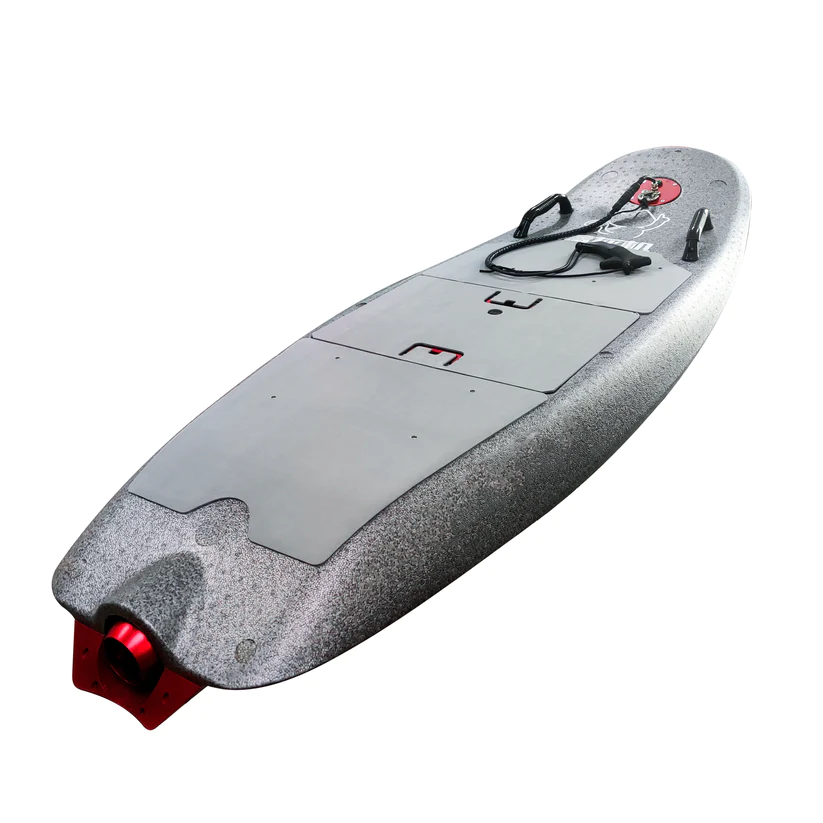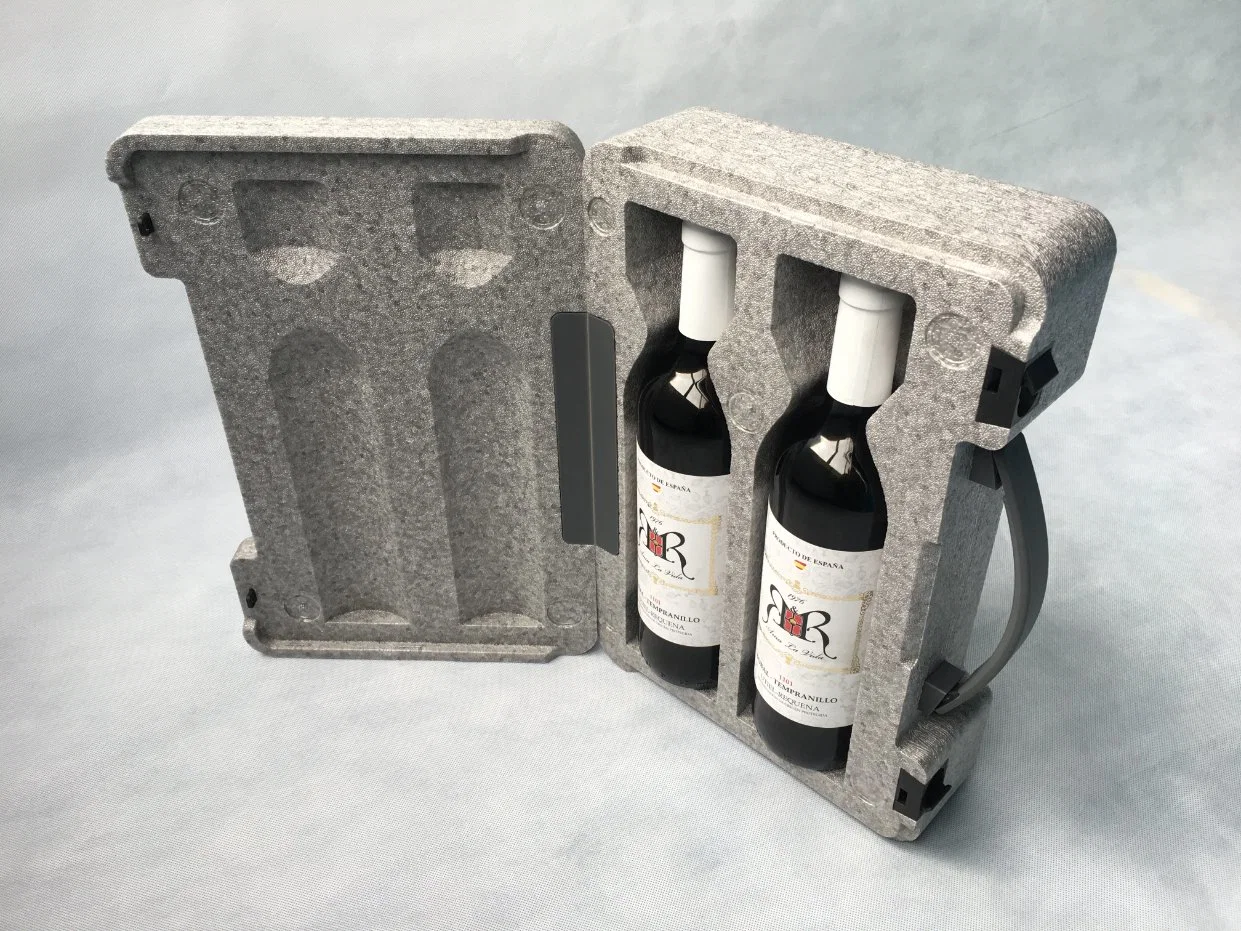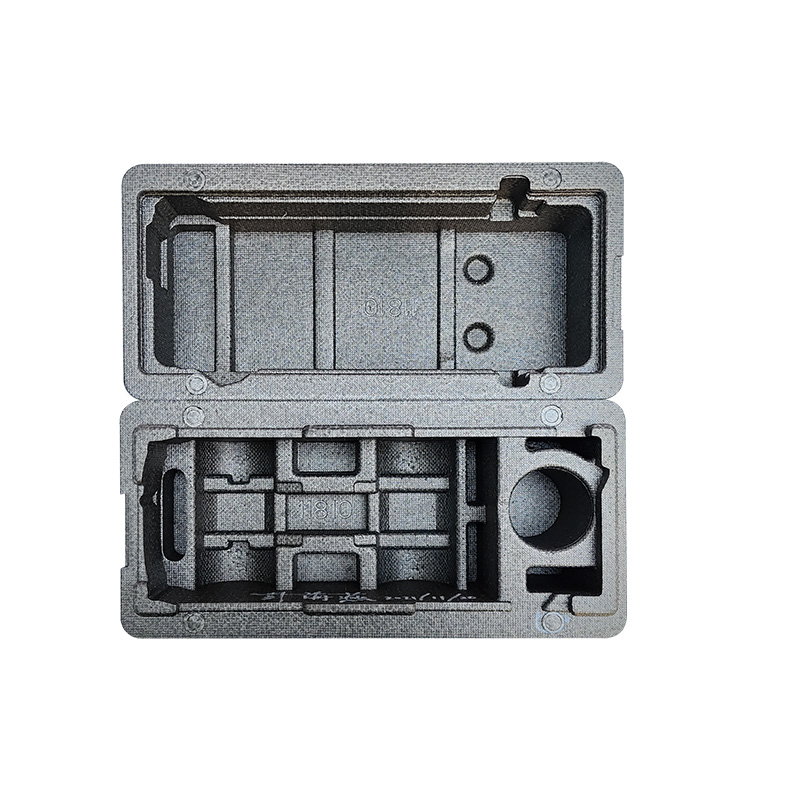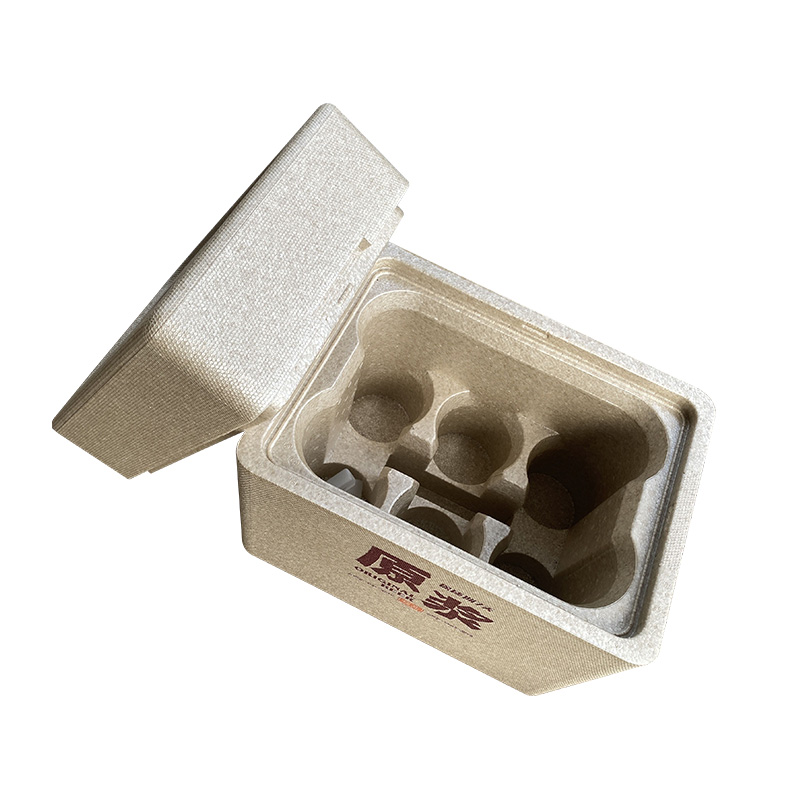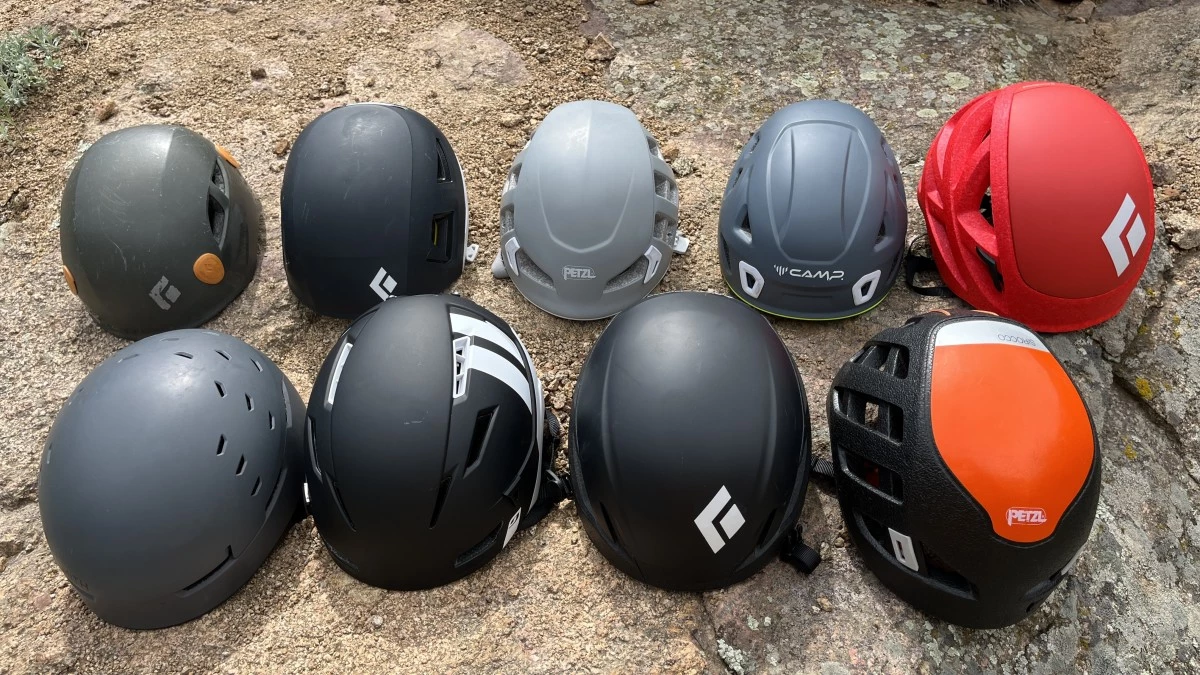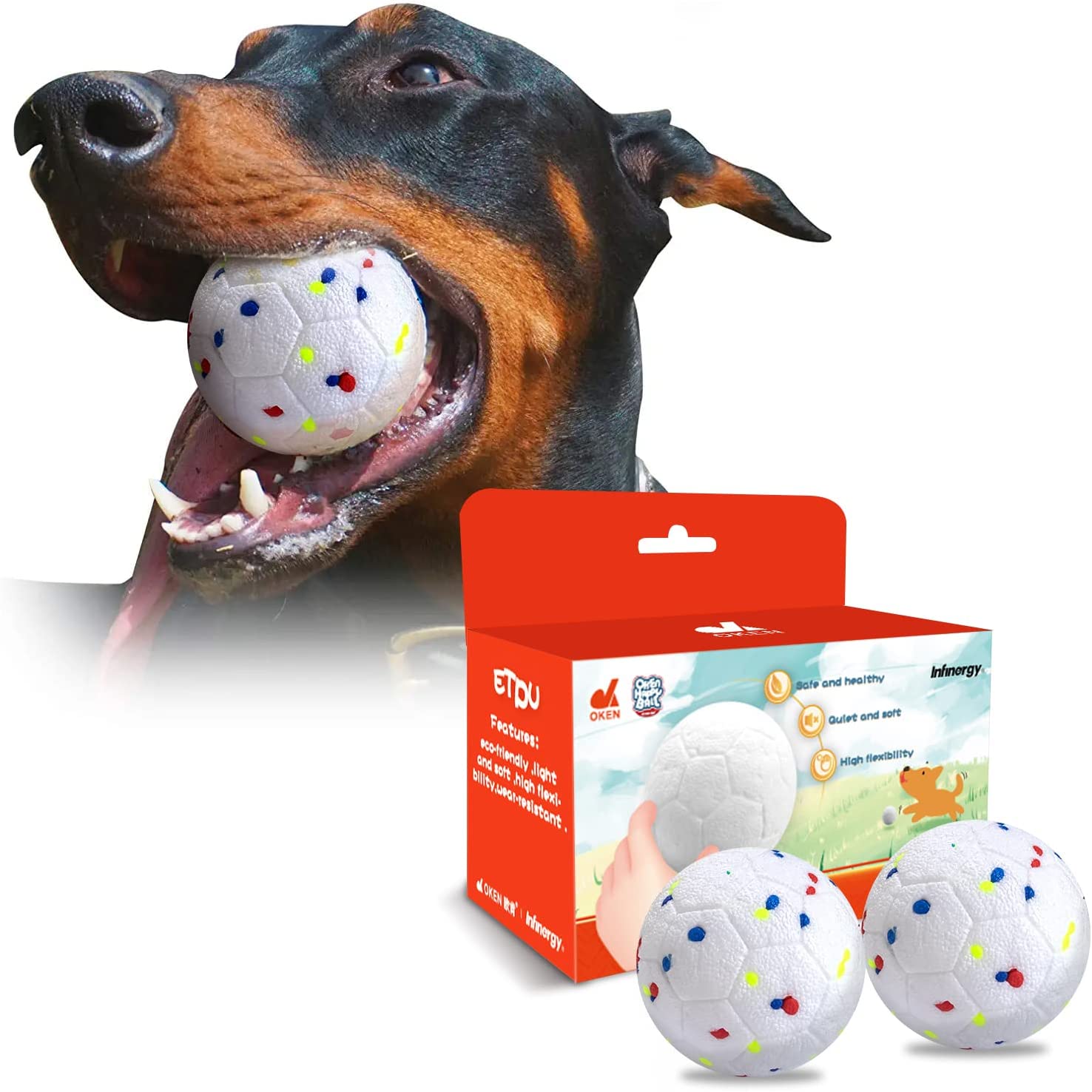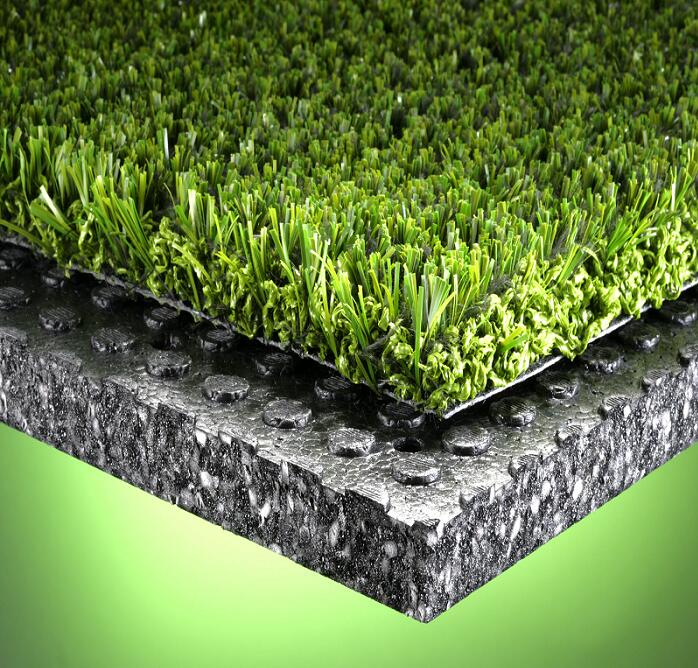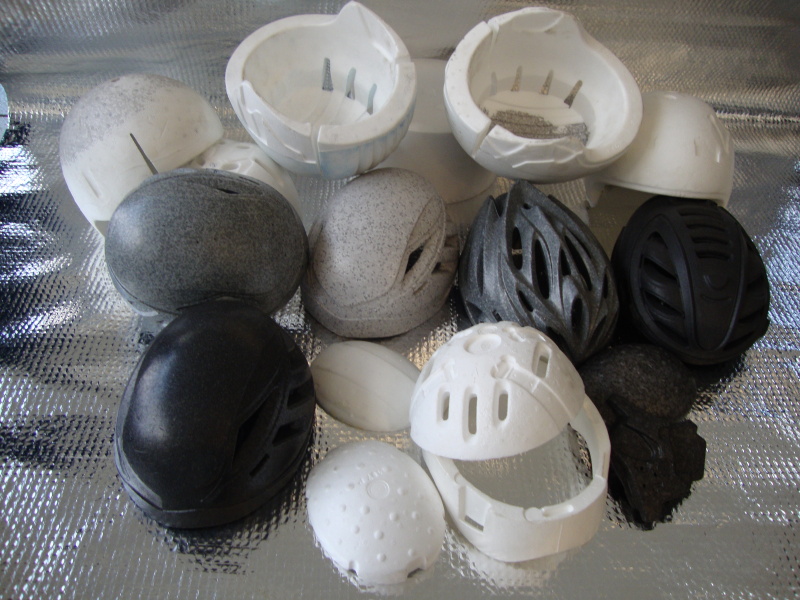-
How EPP foam can be beneficial for HVAC structure casing
EPP is an excellent material choice for HVAC structural parts because it can be molded into complex shapes without losing its resiliency.The design flexibility of EPP enables key system components such as pumps, boilers, valves, heat-exchangers and control mechanisms to be universally housed in EPP to improve their insulation.
넶0 2024-04-01 -
Transport and insulation made easy with EPP foam boxes
EPP foam cooler and heat insulation boxes are increasingly popular for various cooling and storage needs due to their excellent insulation properties, durability, and lightweight construction.
넶1 2024-04-01 -
EPP foam insulation boxes
EPP insulation boxes have become indispensable companions for many families during outdoor activities such as picnics, camping, and travel. Whether it's cold drinks, fruits, or cooked food, as long as they are placed in EPP insulation boxes, they can be kept fresh and at the desired temperature, allowing you to enjoy delicious food even outdoors.
넶5 2024-03-22 -
EPP foam, Expanded Polypropylene, is a popular material for various applications due to its lightweight, durable, and buoyant properties.
For surfboards and efoils, EPP foam can be an excellent choice due to its buoyancy and impact resistance.
넶10 2024-03-21 -
Here's how EPP foam is utilized in wine packaging:
Expanded Polypropylene (EPP) foam is commonly used in wine packaging applications due to its excellent cushioning and protective properties.
넶10 2024-02-27 -
Reasons for choosing EPP foam material for packaging
EPP foam material, as a new environmentally friendly packaging material, has excellent buffering performance, soft touch, environmental protection and recyclable, wide range of applications, good heat insulation performance, strong durability and other characteristics, so it is widely used in the field of packaging.
넶30 2023-11-27 -
EPP insulation cooler box is your ideal choice!
This is our EPP insulation box, a thermal insulation equipment made of advanced EPP materials. Whether it is in catering, medical, industrial and other occasions that need insulation, or in picnics, outdoor activities and other mobile occasions, EPP insulation cooler box is your ideal choice!
넶16 2023-11-27 -
What are Helmets Made of?
Learn about the differences in materials used to construct a helmet.
Expanded Polypropylene (EPP) foam is often chosen for helmet liners due to its unique set of characteristics that make it well-suited for impact protection and comfort. Here are some reasons why EPP foam is commonly used in helmet liners:넶32 2023-11-27 -
Why choose ETPU foam material for pet chew toys
ETPU materials provide a unique combination of durability, safety, and comfort that make them the best choice for pet toys. Whether you’re looking for a chew toy, a ball, or a flying disc, consider investing in an ETPU pet toy for hours of fun-filled playtime with your furry friend.
넶33 2023-08-31 -
EPP foam shockpad underlayment for Artificial Grass football playground
Using EPP foam drainage shock pad in sports artificial grass football pitch as underlay not only benefits the environment but also the sports industry as a whole. Its shock-absorbing properties can help reduce the risk of injury to athletes, while its lightweight and durable nature makes it an ideal material for sports that needs to withstand intense use.
넶39 2023-08-28 -
EPP foam helmet liner or EPS foam helmet liner for Helmet?
Foam is used for energy management in most helmets. There are many types, but EPS is still the choice for most bike helmets. The ideal foam would be stiffer in hard impacts, softer in lesser impacts, light, cheap, reliable to manufacture and easy to ventilate.
넶52 2023-08-27 -
Benefits of using expanded foams for packaging (including cost and weight reduction)
EPS, and especially EPP, are excellent protective packaging materials due to their mechanical strength and shock and vibration damping capacity. This protects the goods from careless handling, bumps in the road or an unfortunate fall.
넶60 2023-08-21 -
Expanded polypropylene foam in HVAC industry
Within the last decade we observe an extremely dynamic development in the heating, ventilation and air conditioning industry. Market leading companies are creating new trends in the engineering of HVAC appliances. New solutions and materials come to the scene and improve the performance and aesthetics of the devices. Among them Expanded polypropylene (EPP) foam which became to be widely used to insulate critical components in heating, ventilation, air conditioning and refrigeration (HVACR) systems.

Where can EPP be applied?
The expanded polypropylene foam has a wide range of applications in thermo-hydraulics. It can serve as duct and pipe insulation in ventilation systems. It can also insulate water heaters, pumps, filters and motors, reducing heat loss and maintaining the temperature. Proper insulation translates into the fact that less energy is lost within the system.
What advantages make the material appropriate for HVAC applications?
As mentioned outstanding thermal insulation properties are the main advantage of the material. It remains stable over a wide temperature range. Besides EPP is resistant to water and moisture, boosting the water absorption level of only from 0.01 to 0.03%, therefore it can be used in the filters of water treatment devices.
In addition, it is not conducive to the occurrence of mold, fungi, and rust. This set of features makes EPP widely used as a waterproofing material.
Expanded Polypropylene is famous for its very high strength-to-weight ratio. This makes it ideal for creating containers, boxes, all kinds of packaging, and appliance housings. Even large-sized components made of EPP weigh only a few kilograms. Making a product from this material increases its usability and improves performance.
Its exceptional load-bearing quality helps reduce weight and volumes which is an essential quality in all wall-mounted systems, for instance in air conditioning and ventilation. The lightweight of EPP components facilitates the installation of the devices making them user-friendly. Thanks to the material’s durability valuable system components such as filters, fans, ducts, pumps and pipes are protected against mechanical damage.
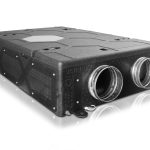
EPP foam can be customized to match various designs

Aside from its outstanding physical properties, EPP is the designers’ preferred material as it can be aesthetically customized. Unlike many alternative materials like metals, the plastic foam can be easily molded into components of various shapes and colors to match different project requirements for industrial design.
A large number of colors of the EPP raw material allows designing HVAC products in line even with the most sophisticated product strategies. EPP components can be white, black, silver, blue, gray, orange, green, red or a mixture of these colors.
Moreover, thanks to modern processing technologies expanded polypropylene can acquire a high surface quality. The surface texture of EPP components for HVACR can be designed to decorate the appliance eliminating the need of any additional covers.
For our customers from the HVAC industry, it has become an attractive alternative to traditional foam parts, which additionally require a decorative finish.
EPP thanks to its versatility in design and applications can be successfully housing components in solar heating, refrigerating, cooling, ventilating and air-conditioning systems.

What else makes expanded polypropylene the material of choice for HVACR companies?
EPP is 100% sustainable and recyclable
Unlike some other types of plastics, EPP is entirely recyclable. EPP can be reheated and reused in the molding process for different applications without any structural damage to the core material.
The HVACR industry widens the scope of use of EPP components in manufacturing because they are more environmentally friendly than other materials also reducing costs and improving overall process efficiency.
In conclusion, the exceptional properties of Expanded Polypropylene, such as: lightness and strength, design versatility, elasticity make this thermoplastic ideal for the thermal insulation and protection of HVAC Components.
EPP foam is a fully recyclable modern material contributing to energy-saving and thus to the reduction of environmental footprint while maintaining high thermal insulating performance.


